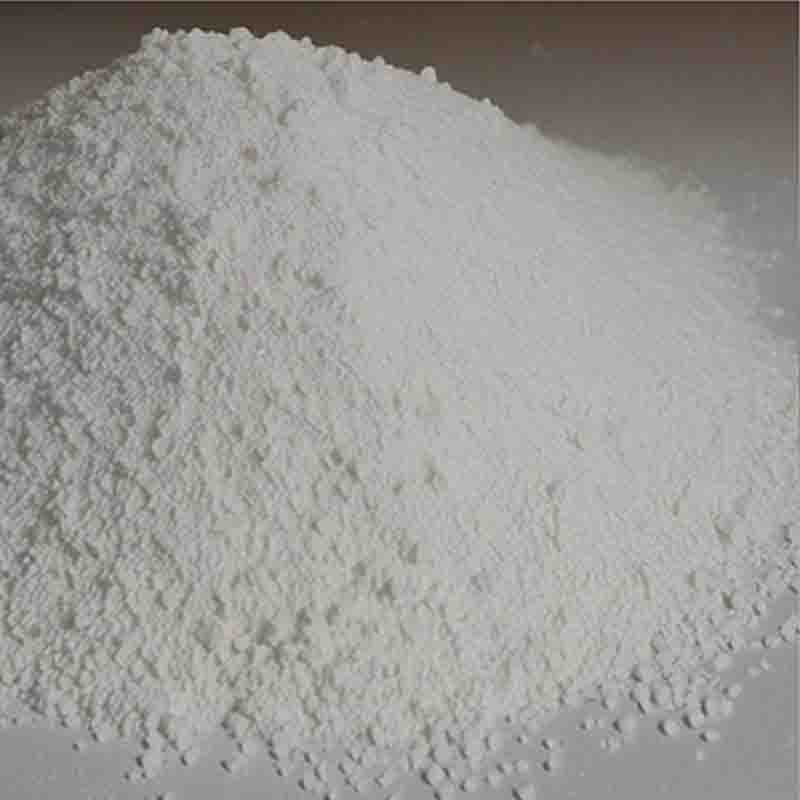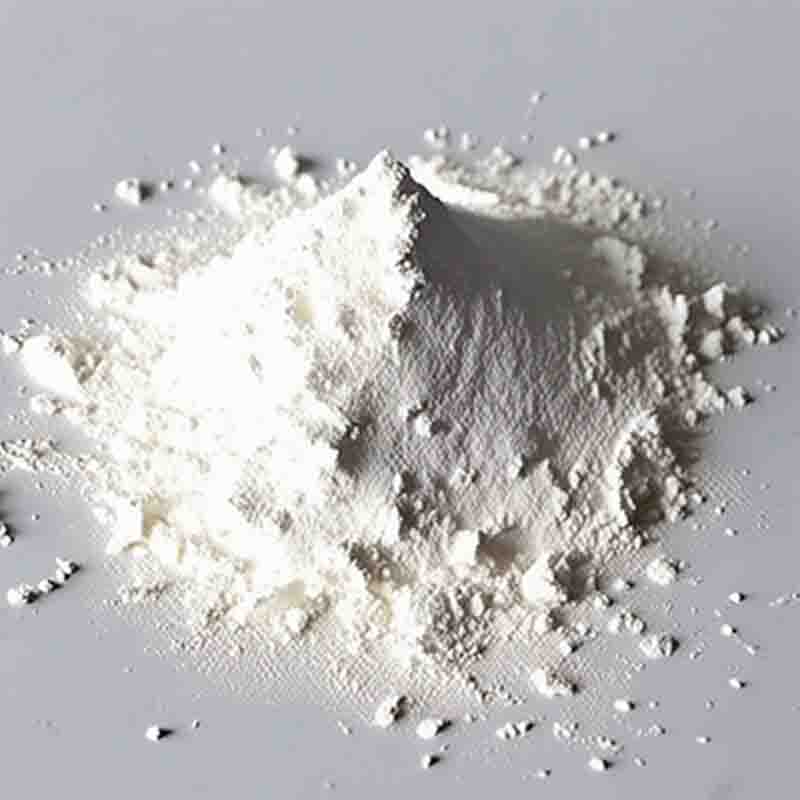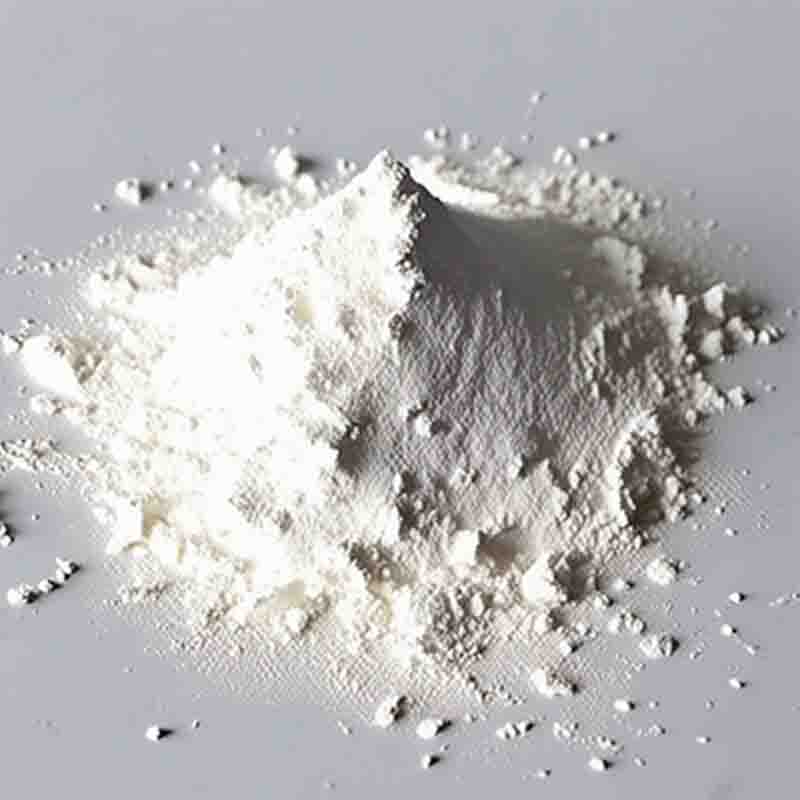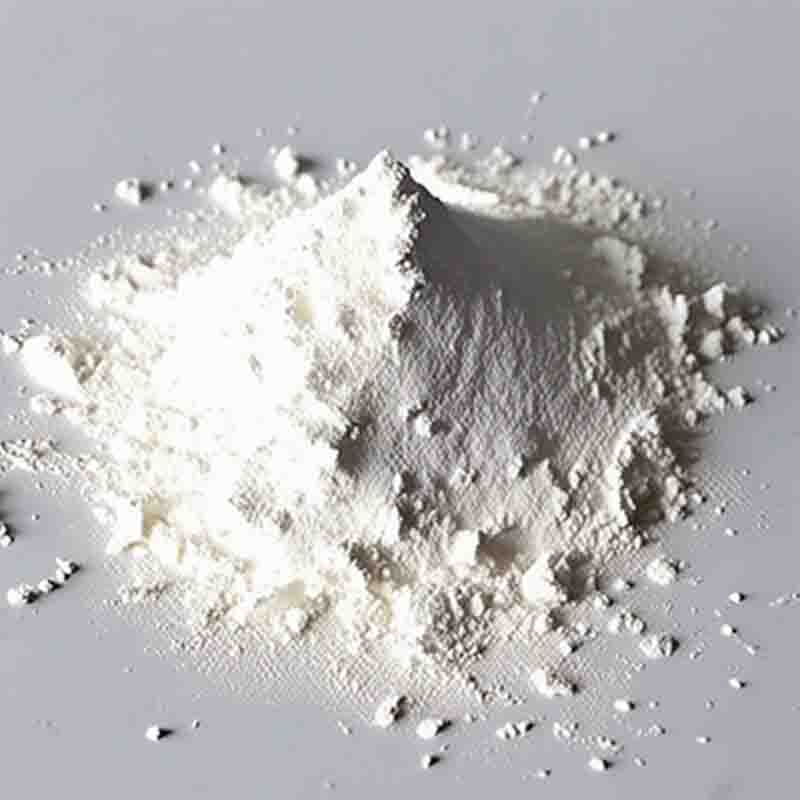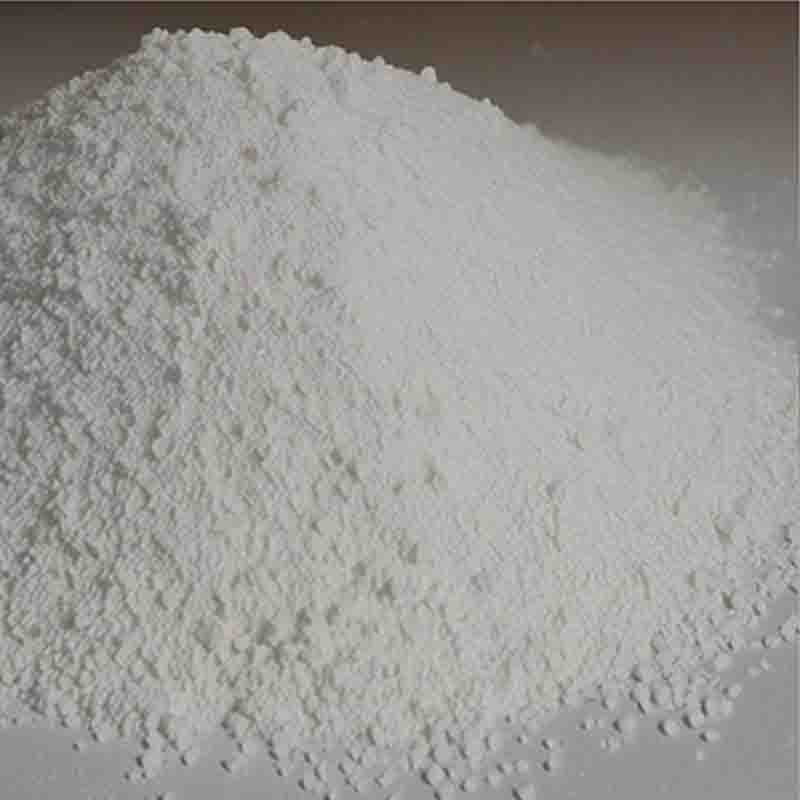Baccatin (III) CAS: 27548-93-2
| Catalog Number | XD94108 |
| Product Name | Baccatin (III) |
| CAS | 27548-93-2 |
| Molecular Formula | C31H38O11 |
| Molecular Weight | 586.63 |
| Storage Details | Ambient |
Product Specification
| Appearance | White powder |
| Assay | 99% min |
Baccatin (III) is a natural compound that is primarily used in the pharmaceutical industry for the production of various anticancer drugs, specifically taxanes. Taxanes are a class of chemotherapy drugs that have shown significant efficacy in the treatment of a wide range of cancers, including breast, lung, ovarian, and prostate cancer.Baccatin (III) is isolated from the bark of the Pacific yew tree (Taxus brevifolia) and serves as a precursor in the synthesis of taxanes such as paclitaxel (Taxol) and docetaxel (Taxotere). These taxanes are potent antimitotic agents that work by inhibiting microtubule dynamics, a crucial process in cell division. By disrupting microtubule assembly and disassembly, taxanes prevent cancer cells from dividing and multiplying, thereby inhibiting tumor growth.Paclitaxel, in particular, is widely used in the treatment of various solid tumors, including breast, ovarian, and lung cancers. It has demonstrated remarkable clinical benefits, both as a single agent and in combination with other chemotherapeutic drugs. Paclitaxel is administered intravenously and is commonly used in adjuvant, neoadjuvant, and metastatic settings.Docetaxel, another taxane derivative, has similar mechanisms of action and is approved for the treatment of breast, lung, prostate, and gastric cancers. Like paclitaxel, docetaxel is administered intravenously and is often used in combination chemotherapy regimens.The use of baccatin (III) as a precursor in taxane synthesis has been crucial in maintaining a stable supply of these important anticancer drugs. The bark of the Pacific yew tree contains a relatively low concentration of baccatin (III), making it impractical for large-scale extraction. However, through extraction and chemical modification processes, baccatin (III) can be converted into paclitaxel and other taxanes in the laboratory, allowing for mass production and broad availability.In summary, baccatin (III) plays a vital role in the pharmaceutical industry as a precursor to anticancer drugs called taxanes. Taxanes, such as paclitaxel and docetaxel, have demonstrated significant efficacy in the treatment of various cancers. By inhibiting microtubule dynamics, taxanes prevent cancer cells from dividing and multiplying, leading to tumor regression. The use of baccatin (III) as a precursor ensures a stable supply of these important drugs and contributes to improvements in cancer treatment outcomes.


